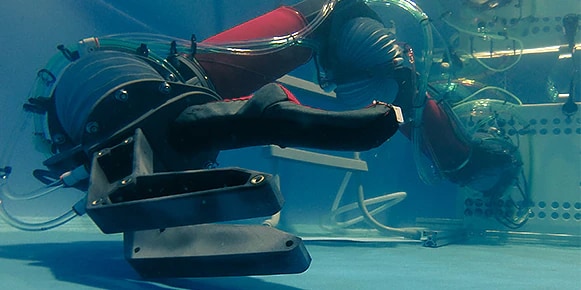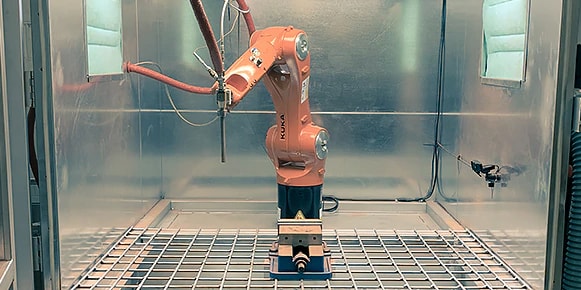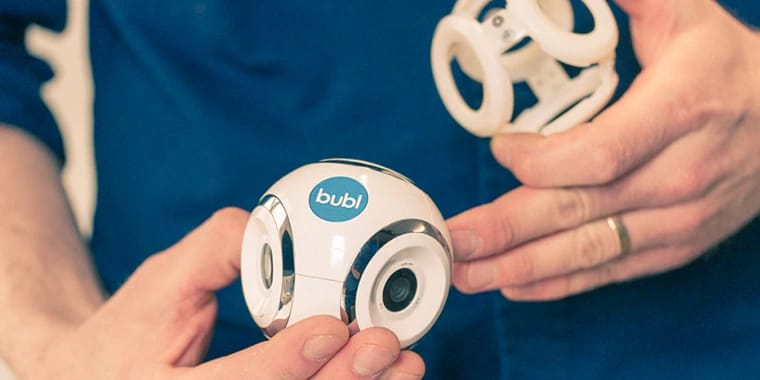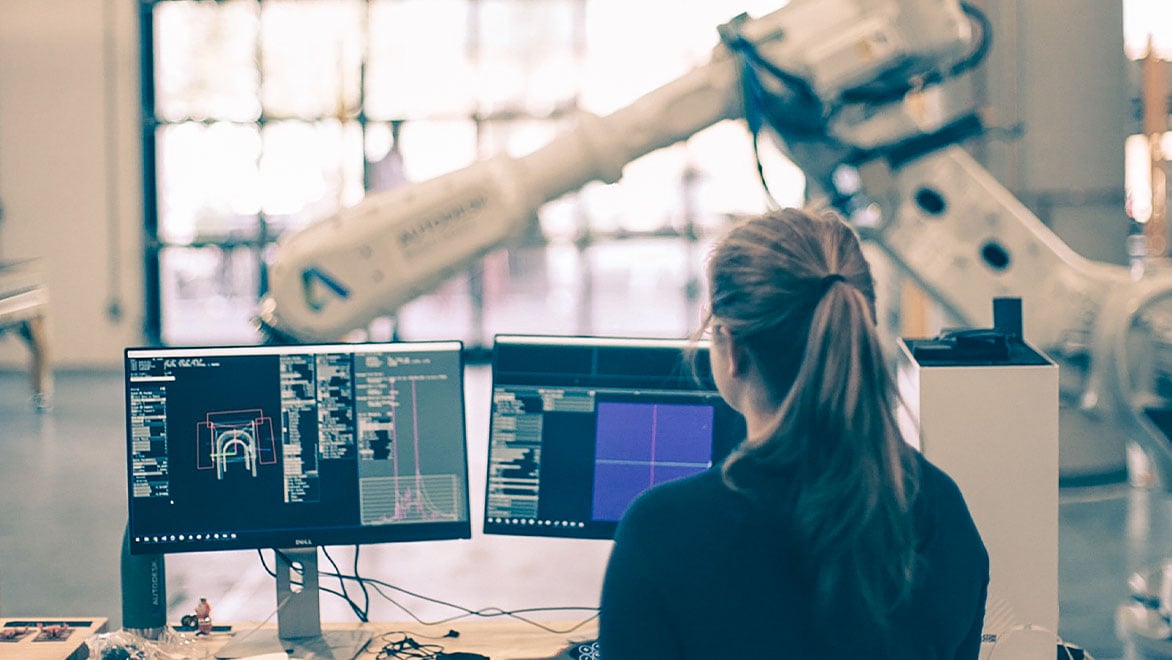THE OKOA PROJECT
The Okoa Project has developed a motorcycle ambulance trailer to increase access to healthcare in Tanzania.
The Okoa Project has developed a motorcycle ambulance trailer to increase access to healthcare in Tanzania.
Area of Research:
Architecture, Engineering, and Construction
Location:
Boston
The World Bank estimates that 830 women die from preventable pregnancy complications every day globally. Lack of safe and reliable transportation is among the top reasons people around the world are unable to receive medical care. The Okoa Project is a non-profit organization working to address the convergence of these issues in Tanzania.
Born from a collaboration of engineers and community leaders, the Okoa Project has developed a lightweight ambulance trailer that can attach to the back of any motorcycle to transport a patient, medical supplies, and another person to the hospital. This locally-made trailer integrates well with the current transportation infrastructure in Tanzania, making it a realistic and affordable solution. The organization now has five functional ambulance services operating in the Mbeya Region of the country with plans to expand to Ghana.
The organization, with the assistance of two MIT Mechanical Engineering Interns, joined the Residency Program at the Autodesk Technology Center in Boston to improve upon their original design and manufacturing process. This included developing a custom manufacturing jig, creating a full-scale ambulance prototype to address the improvements required to the suspension system, and designing a new stretcher for the ambulance that is easier for both patients and drivers to use. The fabrication expertise of Autodesk workshop specialists allowed the Okoa Project to innovate and iterate quickly, developing a reliable process to speed up production and ensure quality control in a way they were not able to before.
The Okoa Project has since incorporated the new jig design into their manufacturing facility in Mbeya, Tanzania. As part of their community-centered design approach, the organization trains both local technicians to build the ambulances as well as drivers to use them. By having everything from the materials to the maintenance sourced locally, the project is creating jobs in the community, thus ensuring the longevity of the program itself.
Breeze Automation is creating a new generation of human-safe, dexterous robots and automation for use in unstructured environments or hazardous conditions.
Tri-D Dynamics is bringing metal additive manufacturing to the mass production scale.
Cortex’s design principles are guided by ethnographic research, a social science research method that involves a deep dive by researchers into a cultural or social group.
The residency program provides open workspaces and equipment for teams doing forward-looking work in the areas of construction, manufacturing, and emerging technologies.



